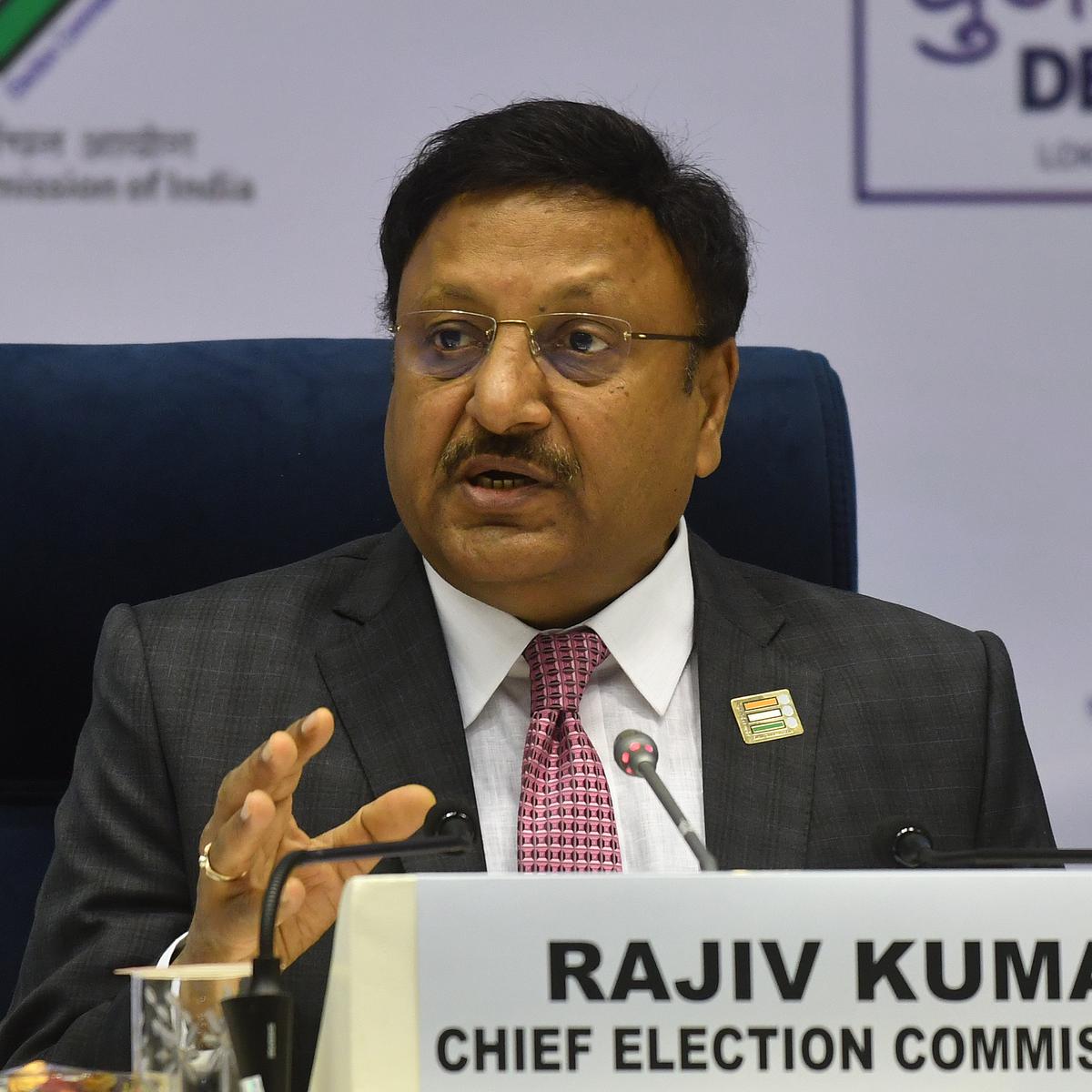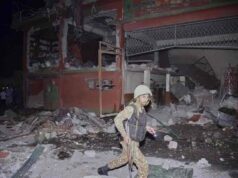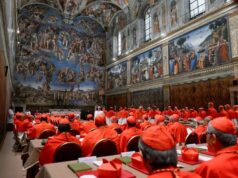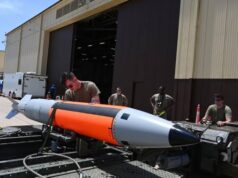Election Commission announces general elections starting April 19 spread over 6 Weeks

Chief Election Commissioner of India, Rajiv Kumar, speaks at a press conference
Bharat on Saturday announced its 6-week-long general elections the biggest democratic process in the entire World. Even the USA Presidential Election gets dwarfed in front of this most democratic process of humanity. It will start on April 19 and results will be announced on 4 June. Most of the media surveys are predicting a victory for National Democratic Alliance led by Bhartiya Janata Party under the leadership of Prime Minister Narendra Modi.
Some in the Western media are already rattled by the rise of Narendra Modi not only as a dynamic leader of Bharat but as leader on the World Stage. So they call his party the BJP a Hindu Nationalist Party. Instead they should call the USA Democrats and Republicans as staunch Nationalist Christian Parties. Similarly a few political parties in Western Europe must be labelled as Extreme Right Catholic / Protestant Parties.
Now coming back to the voting in the world’s largest democracy, it will stretch over seven phases, with different states voting at different times and results will be announced on June 4. Over 970 million voters — more than 10% of the world’s population — will elect 543 members for the lower house of Parliament for a term of five years.
BJP under the leadership of Narendra Modi seeking a third consecutive term, faces little challenge as the main opposition the Indian National Congress is totally rudderless. An alliance of over two dozen regional parties have spurned the leadership of Indian National Congress party as it has Govt in only three states. Even the rest of the opposition is driven by rivalries, political defections and ideological clashes.
Analysts say the elections are likely to cement Modi as one of India’s most enduring most consequential leaders who has sought to transform the country from an economically underweight country into an avowedly rising economy of the World. In 10 years if BJP rule it has already become the number 3 economy of the World in PPP terms and number 6 in US Dollar GDP terms. Militarily India is at No 4 rank and none of the three top can dictate things to it in any manner. Under Modi India has started following its own independent foreign policy as visualized and formulated on Raisina Hills.
Each election phase will last one day and several constituencies — spread across multiple states, densely populated cities and far-flung villages — will vote that day. The staggered polling allows the government to deploy tens of thousands of Central Armed Police Force operating under the directions of Election Commission, to prevent violence and transport electoral officials and voting machines.
India has a first-past-the-post multiparty electoral system in which the candidate who receives the most votes wins.
Ahead of the polls, Modi and his ministers have been travelling across the country inaugurating new projects, making speeches and engaging with voters. Support for the leader has been surging with fructifying of various infrastructural projects over the last 10 years. PM Modi also galvanized the Hindus after he opened the temple of Ram in Ayodhya in January, which many saw as the unofficial start of his election campaign because it fulfilled his party’s long-held pledge of re constructing the temple destroyed by Babur the Mughal invader’s forces in 16th Century.
The 73-year-old Modi first swept to power in 2014 on promises of economic development, presenting himself as an outsider cracking down on the political elite. Since then, he has grown increasingly popular because his party began fulfilling most of the poll pledges, with other pledges in various stages of formulation or completion. He also mixed national pride of Bharat with politics in a formula that has resonated deeply with the country’s majority Hindu population. Now they are proud of their more than 8000 year old recorded history.
The elections come as India’s clout on the global stage has risen under Modi, thanks to its large economy and partly because it has become a counterweight to a rising China. Militarily Indian Army gave a full stop of PLA’s salami slicing tactics. China henceforth will find things going haywire unless it resolves both the India Tibet International Border and Tibet China International Border.
Motivated critics say that nearly a decade of Modi’s rule has been marked by rising unemployment (hardly any proof is given) even as its economy swells, attacks by Hindu nationalists against the country’s minorities, particularly Muslims (there were many times more communal violence durinof Non BJP rule), and a shrinking space for dissent and free media (a total lie, most of the motivated media has been totally exposed by the Public itself). The opposition says a win by Modi’s party could threaten India’s status as a secular, democratic nation……imagine casting doubt on the will as expressed by 970 million voters.
A victory for BJP would follow a 2019 electoral triumph, when it secured an absolute majority with 303 parliamentary seats against 52 held by the Congress party.




